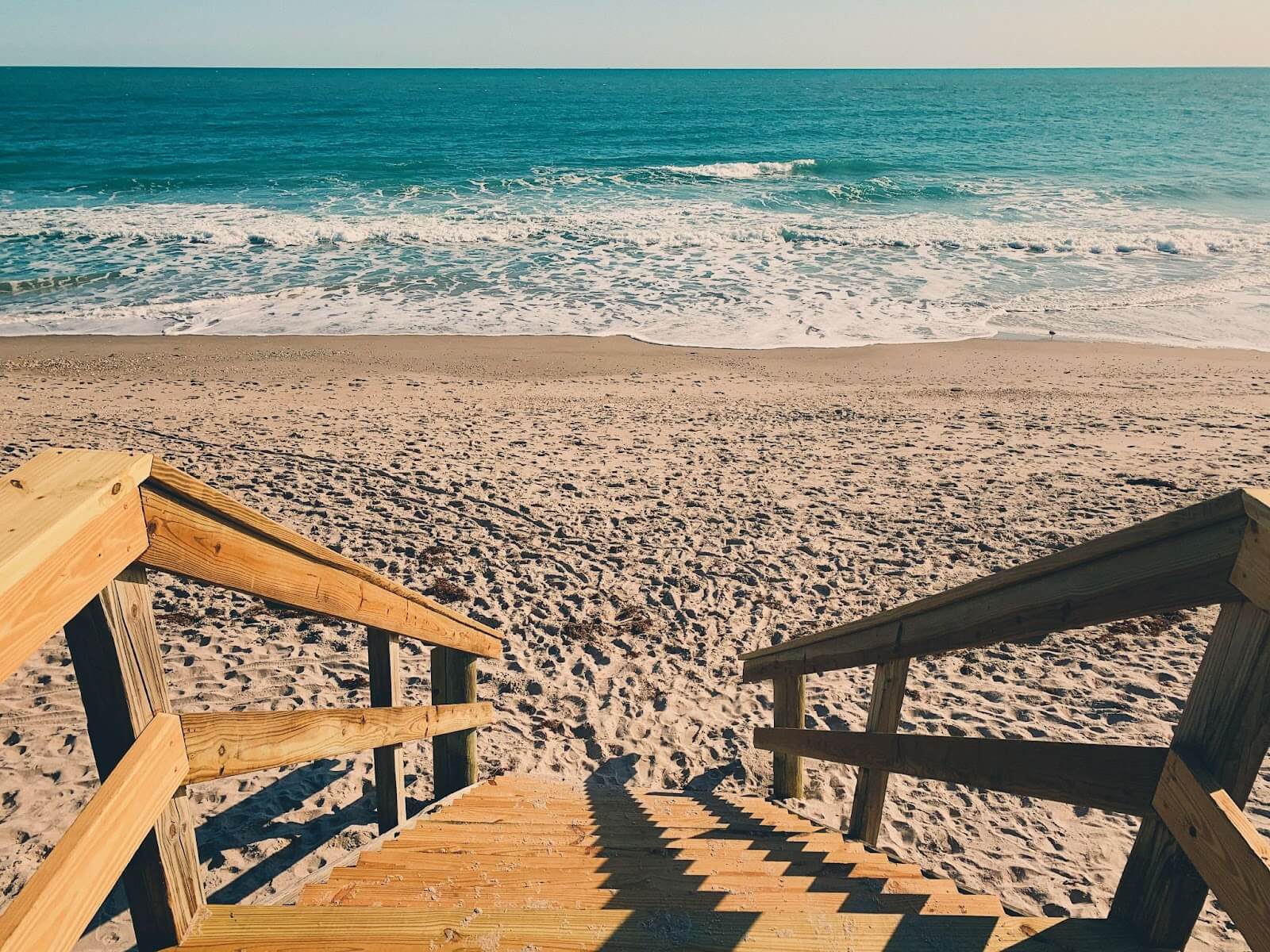A "myth" is "a widely held but false belief or idea." Myths get started when people talk about their own experiences, and then people add their own knowledge. However, this common wisdom is often wrong when the topic is law. This article will explain some of the most common myths about estate planning in Florida.
Myth #1: All Assets Are Subject to Probate
Some people think that all assets must go through probate court regardless of whether the person has a Will. This is not entirely true.
Truth: Some Assets Never Go Through Probate
Probate is a judicial process that transfers a person's assets to their heirs. During probate, the deceased person's assets will also be used to settle the person's debts. Some Florida assets never pass through the probate process. For example, assets that are held in trust do not go through probate. Neither do retirement funds, life insurance proceeds, transfer-on-death or payable-on-death accounts, or property that is jointly owned with the right of survivorship.
Myth #2: If You Have a Will, Your Estate Doesn't Need to Go Through Probate
Just about everyone in every jurisdiction has heard that if you have a Will, your estate won't go through probate. There are many great reasons to have a Will in Florida, but it won't let you bypass probate entirely.
Truth: Wills Must Go Through Probate in Florida
Generally, all Wills go through probate in Florida. That's because the court will need to make sure the Will is valid and meets all of Florida's requirements. The court will look at whether the Will was properly signed and witnessed. This process is much slower if it happens without a Will. If you have a self-proving Will, you can speed up the process, which means you get the Will notarized.
Myth #3: Without a Will, the State of Florida Gets My Estate
People have probably heard horror stories about the state of Florida taking a person's estate. Although this has happened, it is rare, and it doesn't happen because a person lacks a Will.
Truth: Florida Takes a Person's Estate in Rare Situations
If you don't have a Will, the probate court will search for relatives, following Florida's intestacy regulations. The only time the state of Florida takes your estate is when you don't have a Will, and there are no living relatives to be found.
Myth #4: The Person Who is Power of Attorney Handles Probate Court
A Power of Attorney is a legal form that gives someone the legal authority to act for you in your legal, medical, or financial affairs. Many believe that the person with their Power of Attorney will handle the probate matters, but this is false.
Truth: A Personal Representative Handles Probate Court
When you have a Will, the person who is designated as "personal representative" is responsible for probating the Will. Sometimes, this person is called an Executor. This person is responsible for administering the estate. When you write your Florida Will, you should name a personal representative who you trust and an alternate just in case your first choice isn't available.
Myth #5: The Probate Court Approves the Personal Representative
Some people believe that the Florida probate court will choose a personal representative for them when they die. But this is a misunderstanding of the court's role. The reason for this myth is that when someone dies without a Will in Florida, known as dying "intestate," the person's estate must still go through probate, where the court will appoint someone as personal representative. The difference between dying intestate and dying with a Will is that you get to pick that person when you have a Will.
Truth: The Probate Court Usually Appoints the Person Named in Your Florida Will
The probate court will approve the person you named as personal representative in the Will. Once that person takes your Will to probate, the Florida court will appoint the person to begin administering the estate on your behalf. The only exception to this rule is when the person doesn't meet Florida's standards. For example, the personal representative must be an adult with no felony convictions. If the person you pick is not a relative, they must reside in Florida.
Myth #6: Creditors Can Force the Sale of Your Home in Florida
Many people have horror stories about creditors putting liens on property and even forcing the sale of a home to satisfy a person's debts. Although a creditor can sometimes put a lien on other property, the creditor can't take homestead property in Florida even when a person dies.
Truth: Creditors Can't Force the Sale of Your Florida Homestead
In Florida, there is a homestead law that protects a person's home from their creditors. The family homestead can't be sold to pay a person's debts when they die, and this is true even if the person who passed away didn't have a surviving spouse or minor children.
Myth #7: My Probate Lawyer Will Represent My Beneficiaries
Many people mistakenly think that when they hire a probate lawyer, the lawyer will look out for their family by ensuring the heirs or beneficiaries are cared for.
Truth: A Probate Lawyer Only Represents You
When you hire a lawyer to draft your Will, the lawyer represents you, not your beneficiaries. You are free to name the lawyer as your representative, but even in that role, the lawyer's job is to fulfill your wishes.





